【404 Archives】No. 276: From "Singing Forbidden Songs" to "Forbidden to Tucao": The Spring Festival Gala Witnessing the Changes in Chinese Society
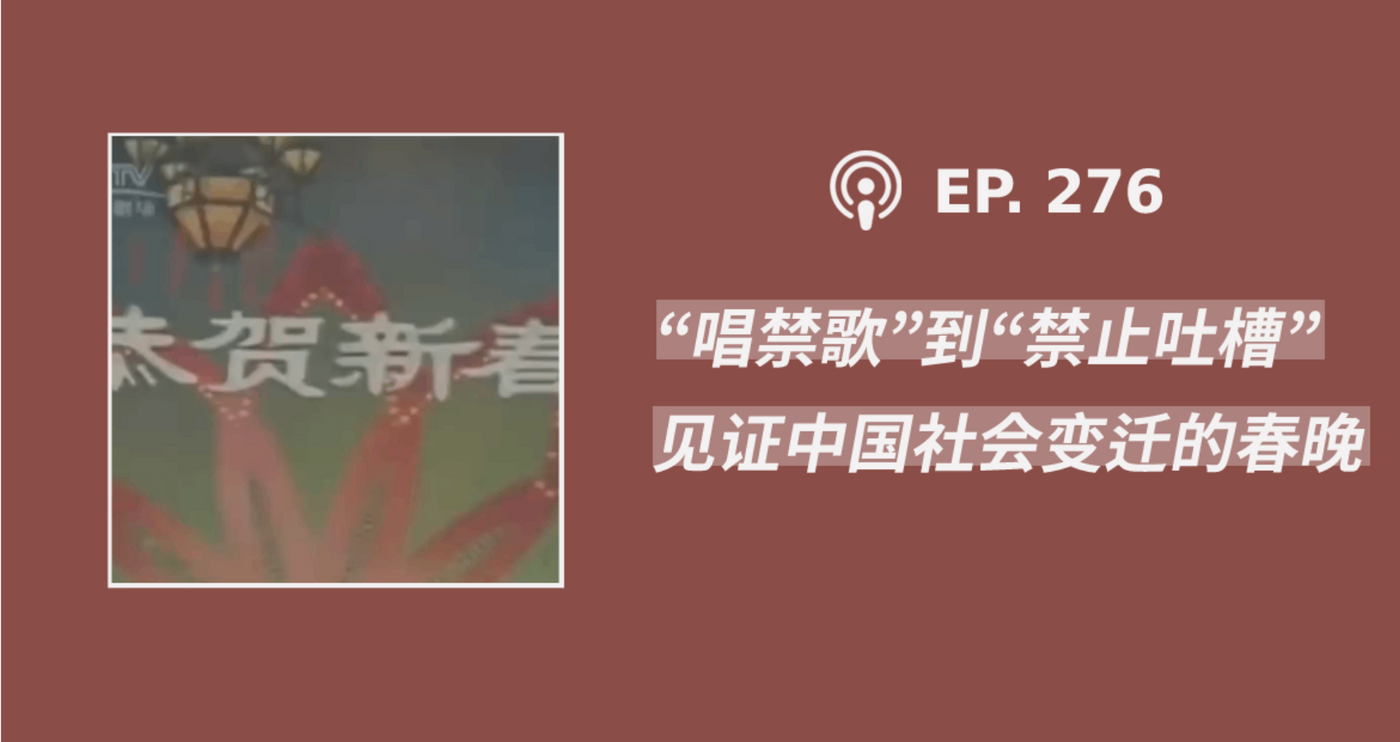
"The 404 Archives" tells the story of censorship and anti-censorship in China, and is released in the form of text, audio and video. Podcasts can be listened to by searching for " 404 Archives " on Apple Podcasts, Google Podcasts, Spotify or a general-purpose podcast client. Video programs can be watched on Youtube " China Digital Times · 404 Archives ".
Welcome to the 404 Archives, where we walk through China's digital high wall.
Author: Sisyphus pushing the boulder
As expected, the 2023 Spring Festival Gala ended in boredom. Even in the heavily censored Chinese Wall, boredom is still the mainstream opinion of netizens. Compared with previous years, the audience's desire to complain and discuss has subsided a lot. The "rottenness" of the Spring Festival Gala no longer makes most viewers angry, but has become an expected thing.
But once upon a time, the newly-founded Spring Festival Gala was a symbol of innovation and boldness. "Forbidden songs" were once sung in the Spring Festival Gala. Hong Kong and Taiwan singers who were afraid to invite other stages could sing in the Spring Festival Gala, and the satire of current politics could also be played as much as possible. The loose censorship created a moment of popularity in the Spring Festival Gala.
And just a dozen years ago, the Spring Festival Gala, which had already shown its aging state, could still bring some laughter to the audience. As the content of political praise in the Spring Festival Gala is getting higher and higher, the audience is gradually deprived of the right to complain, and finally becomes a laughing stock shared by audiences across political positions and ages.
The changes in the Spring Festival Gala also reflect the changes in Chinese society and the unbearable weight of a gala.
1. From singing "banned songs" to heavy censorship: How did the Spring Festival Gala go from innovation to conservatism
In 1983, the first Spring Festival Gala was held. At that time, the Chinese had just stepped out of the shadow of the Cultural Revolution, and literary and artistic life was still full of rules and regulations. The lack of material life was accompanied by the lack of spiritual life. The Spring Festival Gala at this time is like rain after a long drought for people, igniting the long-suppressed desire for joy.
The first Spring Festival Gala adopted an open attitude and prepared four telephones for the audience to order programs by telephone. At that time, the total number of telephones in the country did not exceed 10,000 , not to mention the even rarer number of TVs. But the enthusiasm of the audience was beyond the expectations of the Spring Festival Gala program group. The four telephones were almost in a state of collapse because of the influx of many hotlines that night.
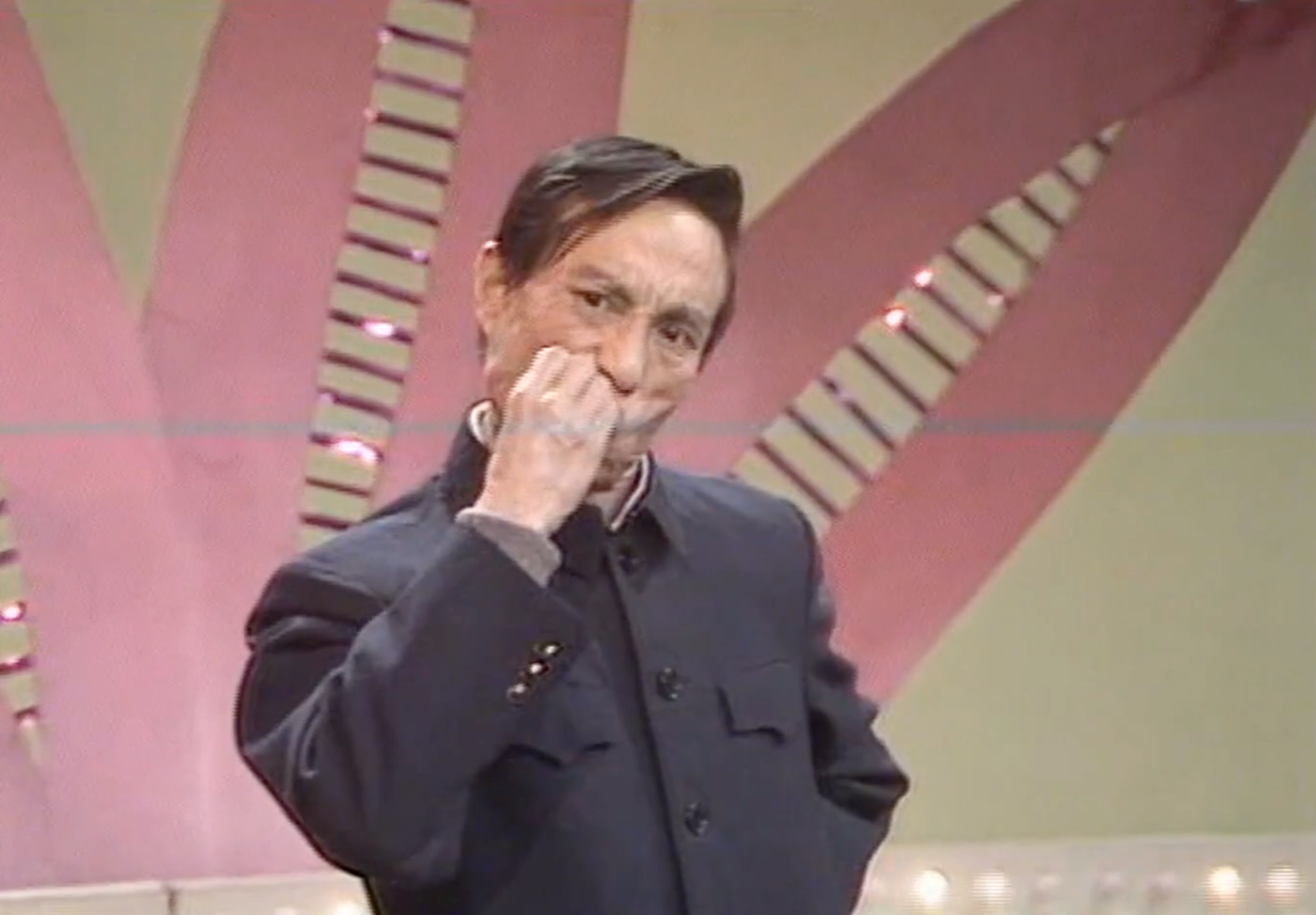
It was against such a social background that the first Spring Festival Gala created many breakthroughs. Actor Wang Jingyu performed "Eating Chicken" without a physical object, which won applause from the audience. However, this program was criticized as "a hidden knife hidden in a smile" during the Cultural Revolution. The pressure is to keep the program: "The party is to show the people's life in many ways and to enrich it. It is inappropriate to remove "Eating Chicken"."
A more daring breakthrough was "Hometown Love" sung by Li Guyi. At that time, the popular song "Hometown Love" was widely welcomed by the audience, but it aroused severe criticism from conservatives, saying that the song and the singer Li Guyi were "whispering, Pretentiousness"; "It is the same taste as the entertainment life of capitalist society such as cafes, bars, dance halls, and nightclubs"; "A typical representative of bourgeois music trends and decadent sounds"; "Sinners who corrupt young people"; " Yellow Singer", this song has also become a controversial "banned song".
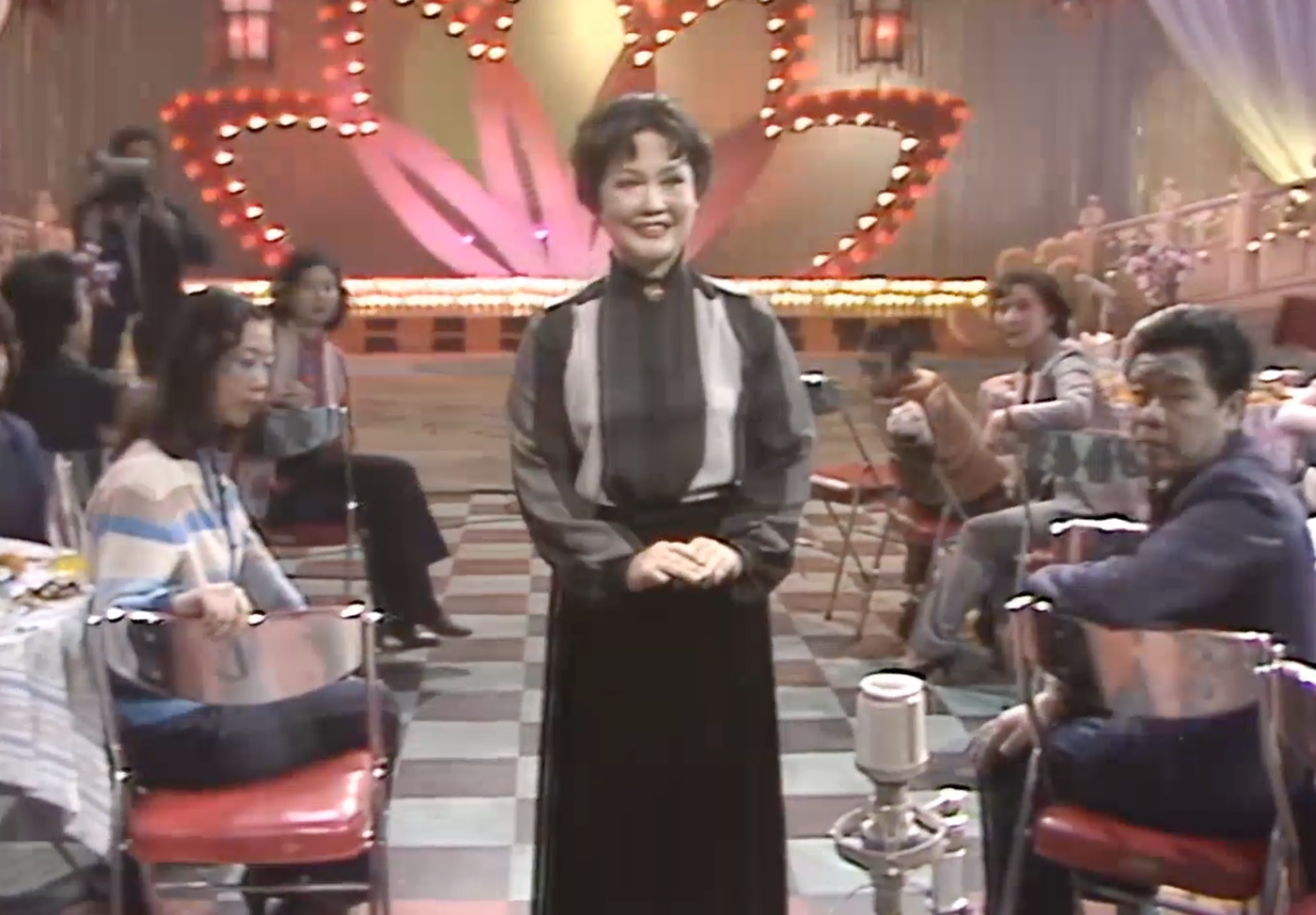
However, during the on-demand broadcast of the Spring Festival Gala that night, there were four sets of on-demand notes requesting to listen to the song "Hometown Love". Even the bold director Huang Yihe couldn't make up his mind, so he had to ask Wu Lengxi, then Minister of Radio, Film and Television, for instructions. , After struggling repeatedly, he finally said: "TV is on-demand, if you order it, you don't broadcast it, isn't it deceiving the masses?"
This is also a microcosm of the Spring Festival Gala in the 1980s. Under a relatively enlightened leadership and environment, a group of cultural creators who have been suppressed for a long time strive to broaden the boundaries of literary freedom, while audiences also enjoy these precious literary resources in a scarce environment. .
The good times don't last long, and with the increasingly gorgeous dance beauty and ostentation of the Spring Festival Gala, there is an increasingly conservative aesthetic orientation and stricter censorship.
Chen Peisi, who left the Spring Festival Gala, once mentioned in an interview that the reason for fading out was that "it is too difficult to change a system" . In the choice of adapting to the system or escaping from the system, he chose the latter.
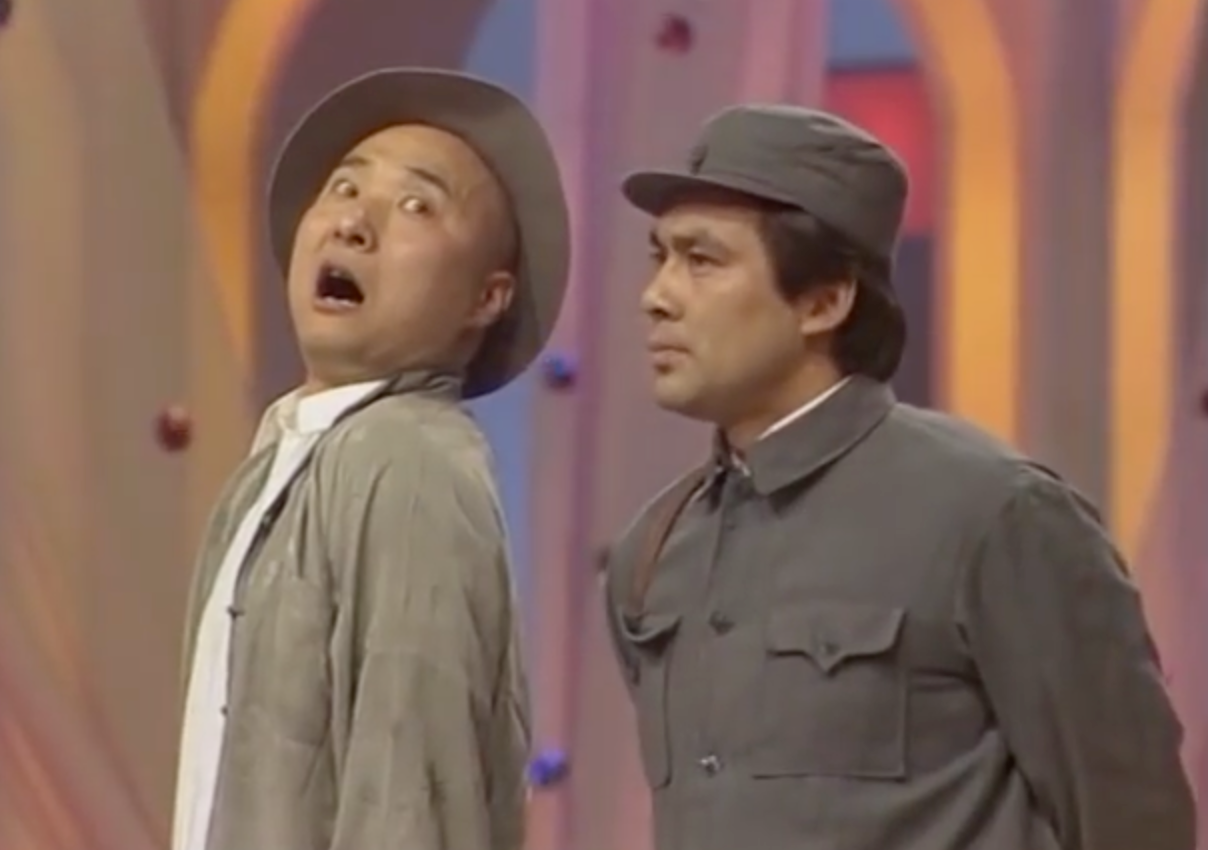
Zhao Benshan, who appeared on the stage of the Spring Festival Gala later than Chen Peisi and later became the "Sketch King", also criticized the censorship of the Spring Festival Gala. In an interview with Yang Lan in 2009, he bluntly stated that didactic works are the most tiring, and the audience also It is impossible to laugh, and the audience is in an atmosphere of education 365 days, what they need during the Chinese New Year is pure happiness.
2. From the gala to the evening party: easy to disappear, heavy burden
In the process of moving towards the so-called "tallness", in addition to gradually strict censorship, what the Spring Festival Gala lost was the relaxed atmosphere like a party, and gradually became a serious and no longer cordial party.
In the early years of the Spring Festival Gala, there was no gorgeous stage, and a few tables were crowded together, and the atmosphere was relaxed.
According to the article written by "nk Diu Diu", the history writer of the Spring Festival Gala, after the end of the 1984 Spring Festival Gala, the audience and actors set up tables on the spot, sang and danced and ate the New Year's Eve dinner until the early hours of the morning.
Although the audience who were able to participate in the Spring Festival Gala at that time were not ordinary people, we can still get a glimpse of the strong party nature of the early Spring Festival Gala.
In 2008, Chen Linchun, the chief director of the Spring Festival Gala, revealed that the cost of the Spring Festival Gala was about 10 million yuan . In 2012 , an 8,000-square-meter LED screen was used.
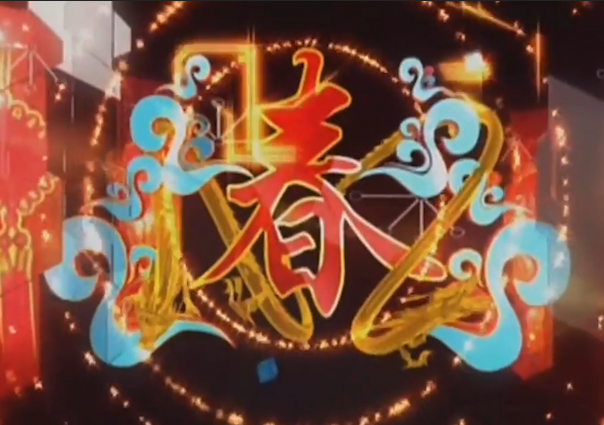
Under the increasingly high-tech stage and choreography, the Spring Festival Gala has become a so-called "grand party". The seriousness of the gala has replaced the lightness of the gala and has become a heavy burden for the director team of each Spring Festival Gala.
3. "Great New Year's Eve": Praises and Prohibition of Tucao
Behind the series of changes in the Spring Festival Gala, it reflects the changes in Chinese society, and it is also the process of the show being disciplined by the public power. With the increase of the influence of the Spring Festival Gala, the importance of the public power to the Spring Festival Gala is also increasing day by day.
In 1986, the Ministry of Radio and Television banned local stations from producing and broadcasting similar shows on New Year's Eve, ensuring the monopoly of the Spring Festival Gala, but also sounding the clarion call for control.
Subsequently, the political task attributes of the Spring Festival Gala gradually increased, and the director's autonomy naturally weakened. According to an article in "Sanlian Life Weekly" in 2009 , Deng Zaijun, the chief director of the Spring Festival Gala in 1987, was able to determine most of the programs without repeated revisions. Finally, the determination of the program must go through a lot of review.
When Chen Peisi recalled the success of the Spring Festival Gala in the early years, he said that the reason was to "return the power of joy to the people". In 2004 , the relevant person in charge of CCTV said bluntly: "The CCTV Spring Festival Gala should express the will of CCTV's mainstream culture, not the national good-looking. A hodgepodge of shows."
In 1990, half a year after the June 4 massacre, Jiang Zemin and Li Peng even appeared directly in the live broadcast of the Spring Festival Gala that year , turning the Spring Festival Gala into a "people-friendly show" and a tool to save the ruling crisis.
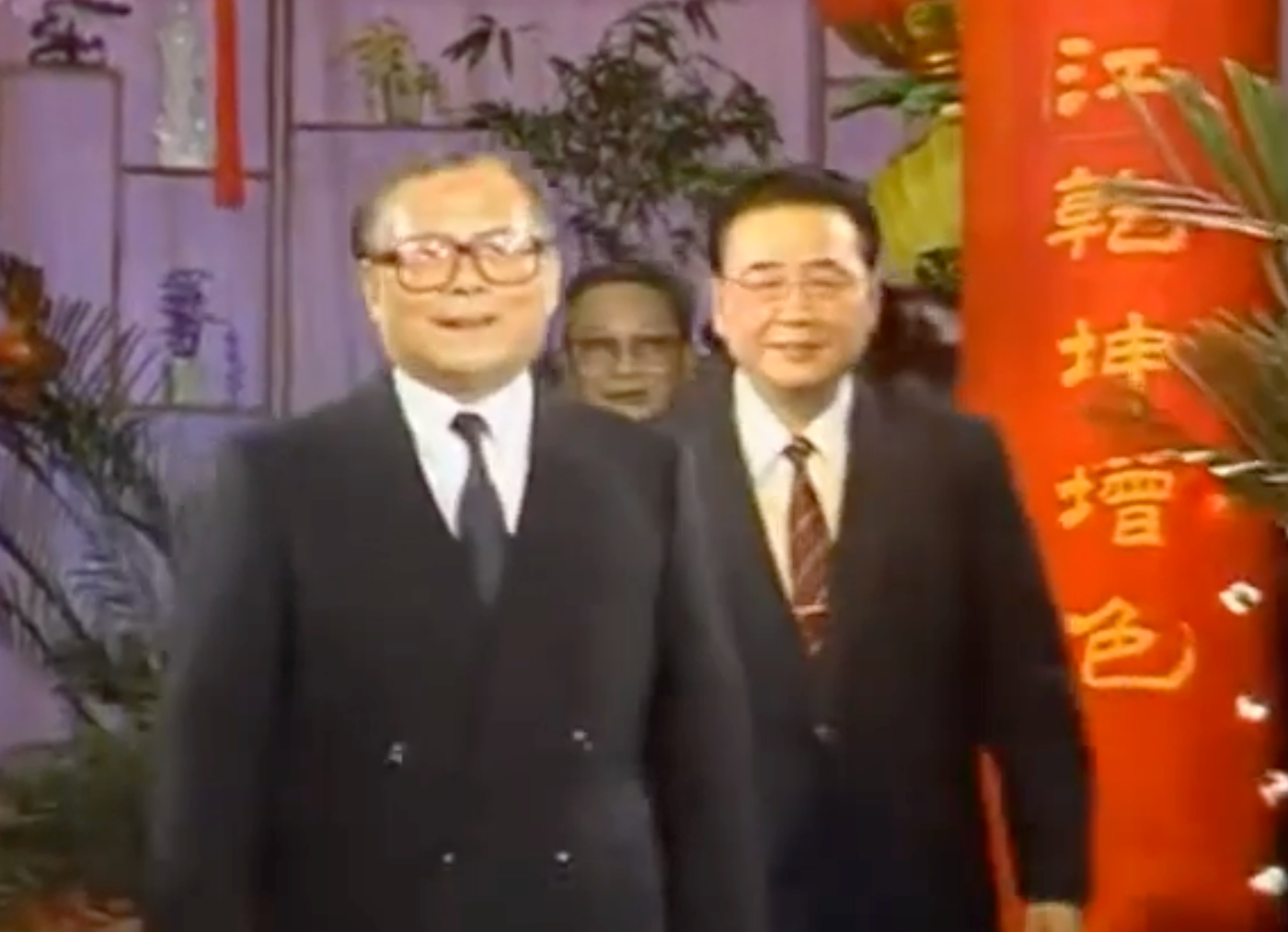
This kind of intrusion of public power can also be seen in the programs of the Spring Festival Gala. In the Spring Festival Gala in the 1980s, there was also "Qiao Li Ming Ming", which satirized bureaucracy and eating and drinking with public funds.
In the 1990s, the number of eulogizing programs increased significantly. The notorious one was Huang Hong's line to clean up the layoff policy of state-owned enterprises, "Our workers have to think for the country. If I am not laid off, whoever will be laid off!"
After Xi Jinping came to power, not only did the proportion of praise-oriented programs rise again, but netizens also lost their freedom to complain on social media. According to China Digital Times , before the 2018 Spring Festival Gala started broadcasting, Sina Weibo included "Spring Festival Gala + Tucao", A series of words such as "Spring Festival Gala + garbage" are used as sensitive words, and sending and searching are prohibited.
After losing even the fun of complaining, the Spring Festival Gala has become more and more a "theater version of news broadcast", boring and arrogant, and has become the habitual background sound of New Year's Eve amidst the interest that the public can't arouse. The change behind this is also the ebb and flow of civil and official power in Chinese society, as Chen Peisi said: "Comedy can directly judge the degree of civilization of a society, and all imprisoned societies and rigid lives do not allow the existence of comedy. "
China Digital Times CDT is dedicated to documenting and disseminating censored information on the Chinese Internet, and people's efforts to combat censorship. Everyone is welcome to submit articles to us through the Telegram platform , and make your contribution to documenting and fighting against Chinese Internet censorship!

For more information on submission, please read the China Digital Times Call for Papers
Readers are welcome to listen/watch more on CDT podcasts and CDT videos .
Like my work? Don't forget to support and clap, let me know that you are with me on the road of creation. Keep this enthusiasm together!

- Author
- More